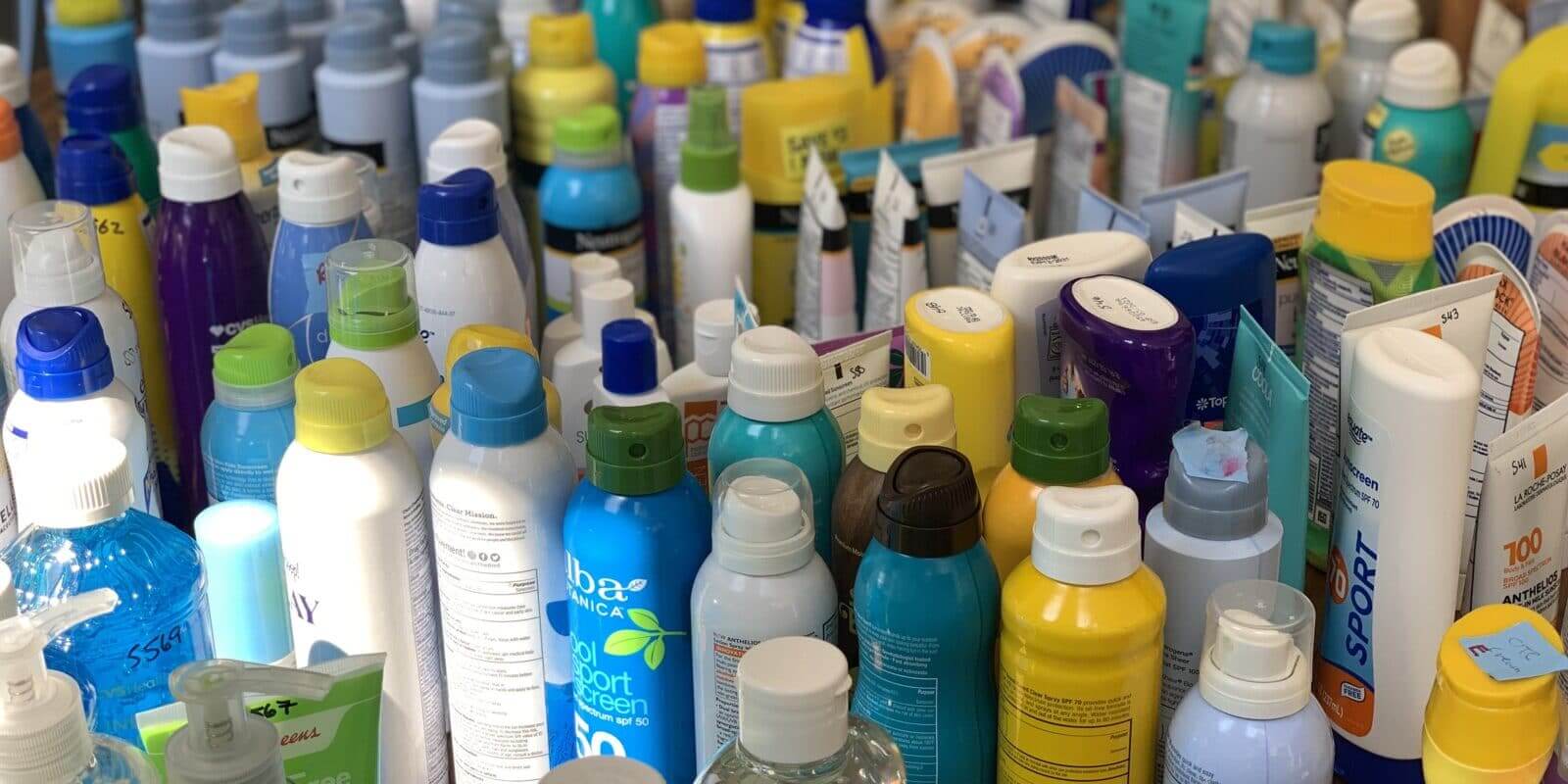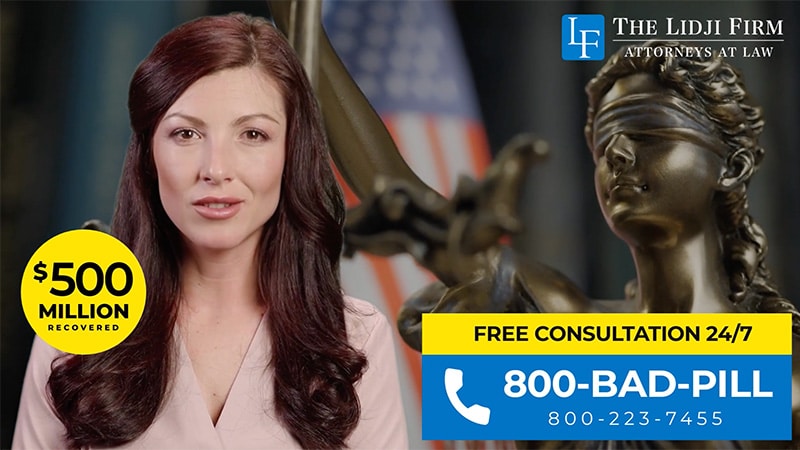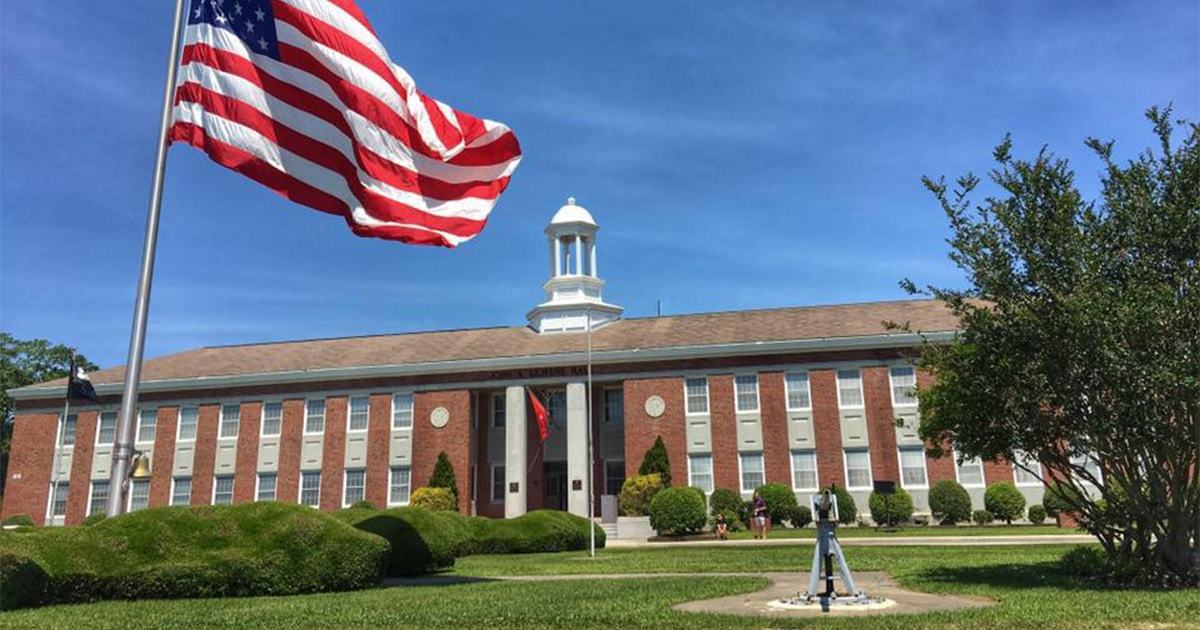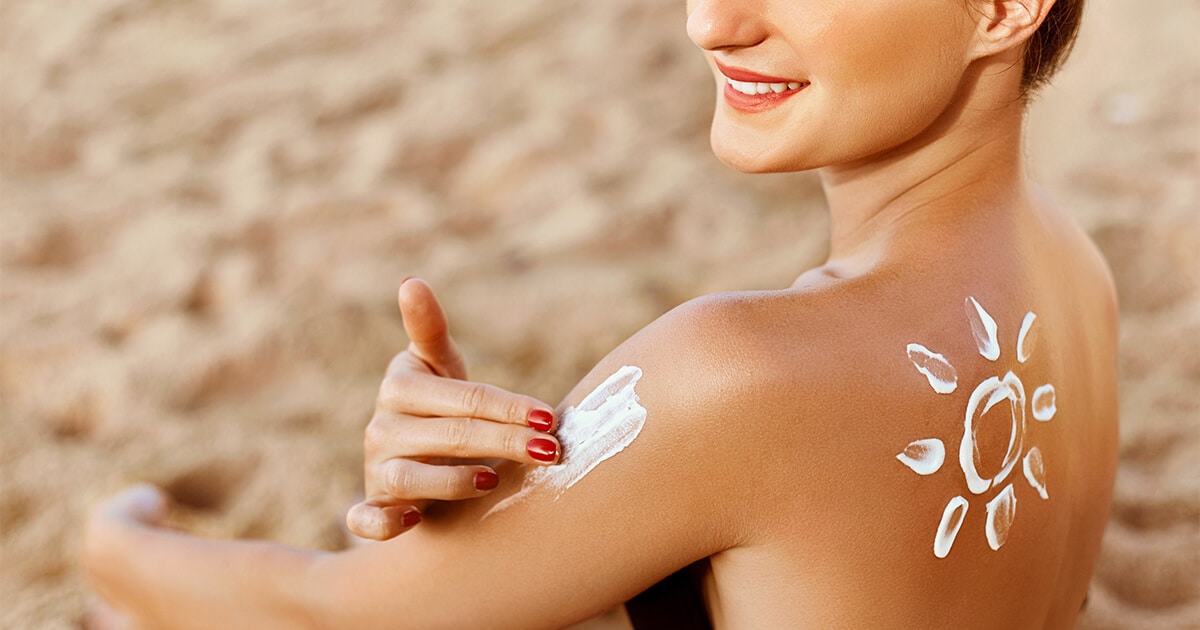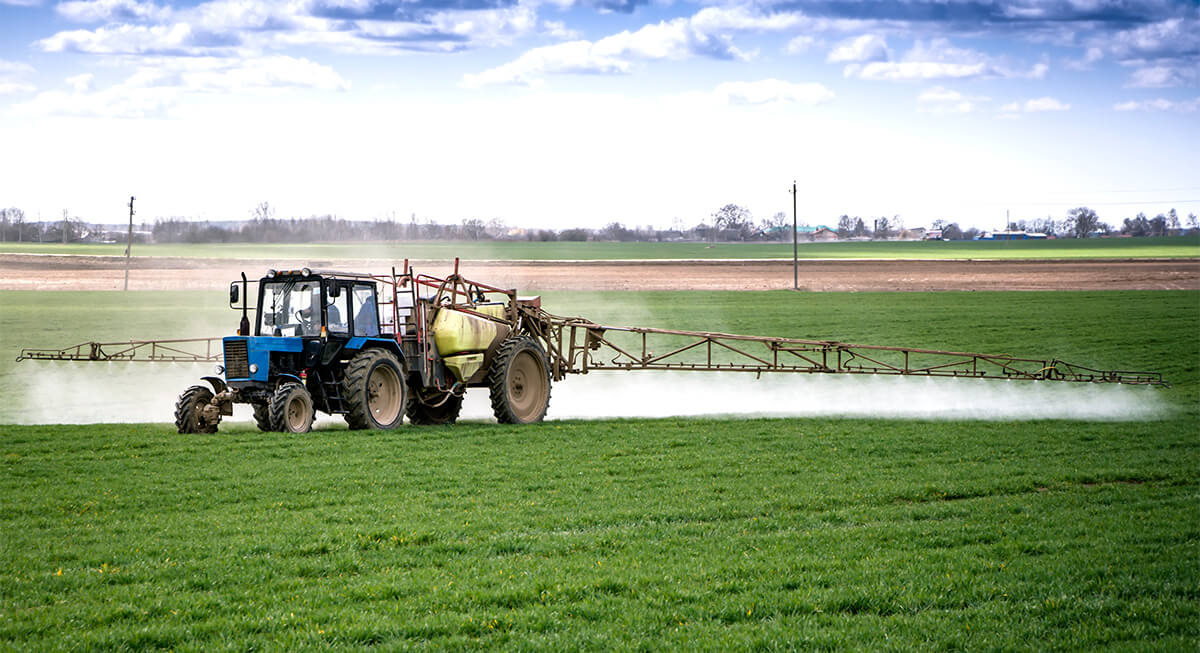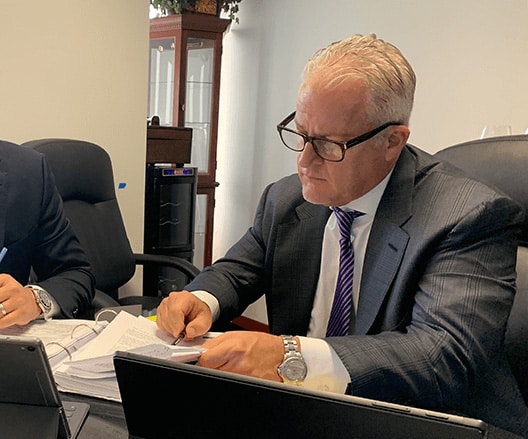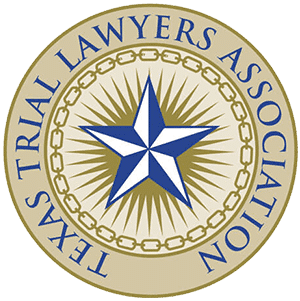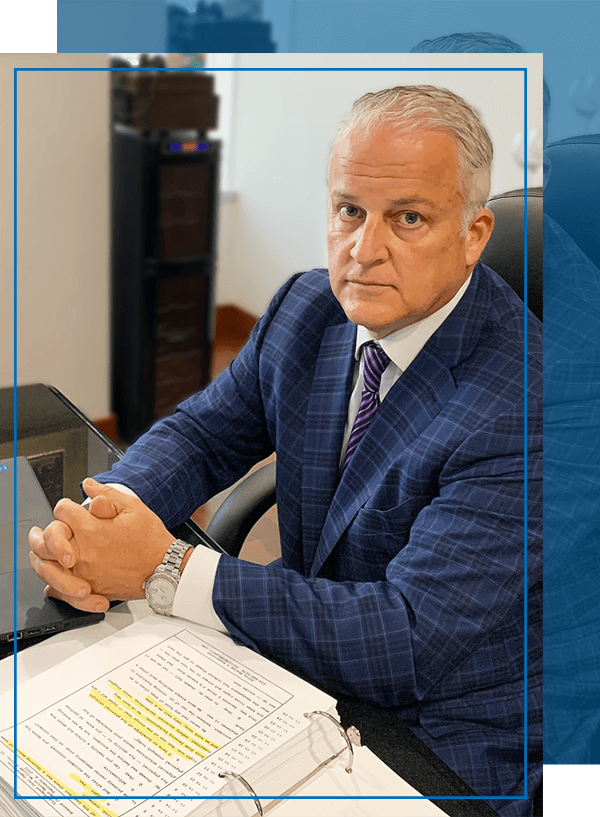Beware! Sunscreen may be dangerous!
Benzene Causes Cancer-Chemical found in 78 sunscreen products
The independent lab that made the finding is calling on the FDA to recall these sunscreen products.
An independent testing lab has detected the chemical benzene, a known human carcinogen, in 78 sunscreen products and is now calling on the U.S. Food and Drug Administration (FDA) to recall the products.
The lab, Valisure, checks medications and health care products for quality. Recently, the company tested nearly 300 sunscreen products and found that 27% contained benzene, according to a statement from the company. Fourteen of the products (5%) contained benzene at levels higher than 2 parts per million (ppm), which is the FDA’s recommended limit for benzene in medically valuable drugs that can’t be made without it.
“The presence of this known human carcinogen in products widely recommended for the prevention of skin cancer and that are regularly used by adults and children is very troubling,” David Light, founder and CEO of Valisure, said in the statement.
Benzene is a colorless or light yellow liquid that forms naturally but is also produced by human activities, according to the Centers for Disease Control and Prevention (CDC). For example, automobile emissions and the burning of coal and oil can release benzene into the air; the chemical is also used in the manufacturing of some plastics, rubbers, dyes, detergents, drugs and pesticides, according to the CDC.
Exposure to high levels of benzene causes cancer in humans, particularly blood cancer, including leukemia. The U.S. Occupational Safety & Health Administration limits workplace exposure to benzene in the air to 1 ppm on an average day and a maximum of 5 ppm over a 15-minute period, according to the American Cancer Society. The Environmental Protection Agency limits benzene in drinking water to 0.005 ppm, or 5 parts per billion (ppb), which is also the limit for bottled water.
The FDA says that benzene should not be used in the manufacturing of drug products except in special circumstances, mainly if their use is unavoidable and the drug product makes a significant therapeutic advance. In these cases, benzene levels should be limited to 2 ppm “unless otherwise justified,” the FDA says. In the beginning of the COVID-19 pandemic when there was a shortage of hand sanitizer, the FDA temporarily allowed hand sanitizers to contain up to 2 ppm of benzene. But in March 2021, Valisure announced they had detected benzene above this level in nearly two dozen hand sanitizer products, at least one of which was later recalled.
In light of its new findings of benzene in sunscreens, Valisure has petitioned the FDA to recall the 78 products and to conduct its own investigation into the manufacturing of these products. A full list of the sunscreen products with benzene can be found in the petition. Nearly all of the 14 sunscreen products with benzene levels above 2 ppm were sprays; but the chemical also showed up in lotions and sunburn-relief gels.
Although the FDA says benzene should not be used in the manufacturing of drugs, the agency does not define a specific limit for drugs like sunscreen (The FDA regulates sunscreen as an over-the-counter drug.). The 2 ppm limit applies only to the “special circumstances” outlined by the agency. So Valisure is also calling on the FDA to set a limit for benzene levels in sunscreen and other drug products in standard situations, and to set a limit for exposure in a single day.
Since benzene wasn’t detected in most of the sunscreens Valisure tested, the company says that the use of benzene in sunscreens is not “unavoidable,” and any detectable amount of the chemical shouldn’t be allowed.
“It is critical that regulatory agencies address benzene contamination in sunscreens … so that all individuals feel safe using sunscreen products,” Dr. Christopher Bunick, an associate professor of dermatology at Yale University, said in the statement.
In a statement provided to Live Science, the FDA said it is reviewing the petition. “The FDA takes seriously any safety concerns raised about products we regulate, including sunscreen. While the agency evaluates the submitted citizen petition, we will continue to monitor the sunscreen marketplace and manufacturing efforts to help ensure the availability of safe sunscreens for U.S. consumers,” the statement said. The agency added that it generally does not comment on pending petitions.
The findings do not mean that people should stop using sunscreen, which can help prevent skin cancer, Bunick said
“Many sunscreen products tested by Valisure did not have benzene contamination, and those products are presumably safe and should continue to be used, along with appropriate hats and sun-protective clothing, to mitigate skin cancer risk,” Bunick said.
Sunscreen Cancer Lawyers at The Lidji Firm
Sunscreen Cancer Lawyers at The Lidji Firm are ready to review whether you or a family member may be entitled to financial compensation. The Lidji Firm is currently accepting Sunscreen Cancer cases in all 50 states.
If you or a loved one has suffered one or more of these complications, you may be entitled to a cash award and compensation for medical expenses. For a free confidential consultation with Sunscreen Cancer Lawyers at our law firm, Submit your case or call us now (800) 223-7455.
